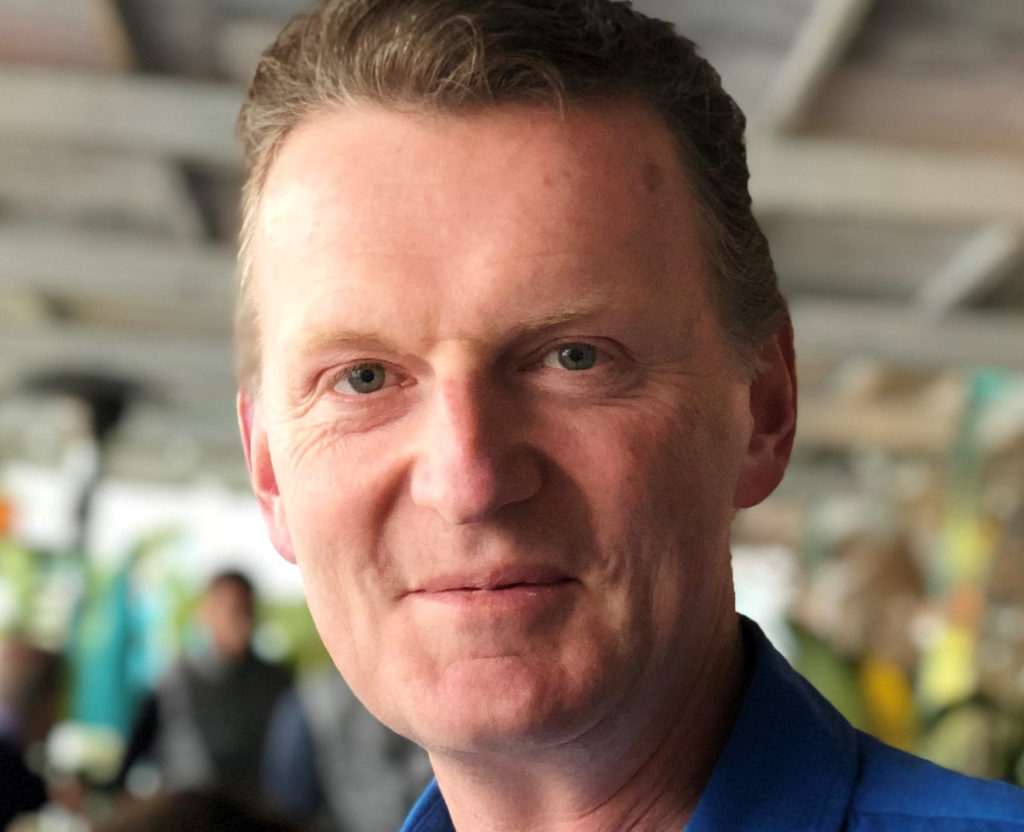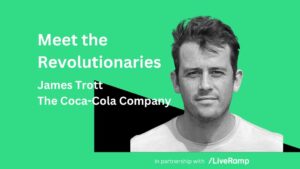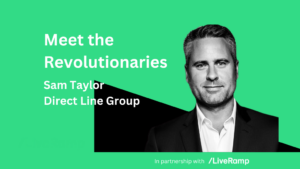Mark Fawcett began his career in the Army training soldiers, then moved onto ‘World Challenge’ to run expeditions and, eventually, became its MD. He then founded National Schools Partnership, which in the last few years has expanded and evolved to become We Are Futures.
A brand and social impact agency, We Are Futures specialises in the youth markets of tomorrow. They analyse how young people think, react, talk and behave on digital platforms to help clients including Natwest, Sky, Dove, Warburtons, Duracell and Samsung connect with youth audiences.
New Digital Age (NDA) spoke to Mark Fawcett recently to find out more…
NDA: Tell us a bit about your background and what led to the start of We Are Futures?
Mark Fawcett: It all started when I was in the army and responsible for training young soldiers. Many had experienced a challenging upbringing or didn’t have a strong academic background and I saw how, with the right approach and support, young people could transform themselves in a short space of time.
This got me interested in psychology and the process of development, learning and training. After I left the army I worked at World Challenge, the youth expeditions organisation, as training director then managing director. In that time we took it from 10 expeditions a year for well off school children to 350 expeditions annually for a vast range of young people, and launched it in the US before its eventual purchase by TUI.
That led me to set up the National Schools Partnership which was initially about working with businesses to build on existing curriculum content, before moving into digital and home environments and then into the entirety of personal development, covering issues such as nutrition, health and finance. It evolved into this opportunity to help prepare young people for adult life. Educate them about personal, professional and emotional issues they would face, be it in finding work, overcoming social barriers, tackling challenges that they might come up against and generally equipping them for life beyond school.
That concept evolved and was renamed We Are Futures in 2017. Today we have the same ethos at our heart but the way we communicate with young people and their families is through the lens of businesses who want to use their strength and reach for good, whether that’s through CSR, employment opportunities or educating them in skills and knowledge that they won’t necessarily learn in the classroom.
Can you give us an example of a project you have worked on?
One we’re particularly proud of is the award-winning NatWest MoneySense programme we developed for NatWest. It is a free financial education programme for 5-18 year olds that helps young people understand money, banking and saving through videos, games, competitions and interactive activities aimed at four different age groups.
At the same time it offers help, information and inspiration to parents, learning resources to teachers, and encourages bank workers to share their expertise through a dedicated school volunteering programme.
MoneySense resources have been used by 85% of secondary schools in the UK, and 51% of primary schools and has directly reached already more than 10m young people and their families. It has helped shift the dial in brand value and perception for NatWest.
Why should businesses get involved in these conversations?
We tend to focus on the mass markets of today, but easily overlook trends and directional shifts that are crucial to prepare ourselves for what’s to come. Young people may be the mass market of tomorrow but they are already here today – they are watching and listening to what you say and what you do, and deciding what you stand for. But on the whole, businesses do not understand the importance of young people to their own future success.
It may be the parents holding the purse strings now, but they are hugely influenced by their children. And then as soon as those young people have disposable income of their own, they will act with their wallets. If you wait until they’re adults before you start speaking to them you will find they’ve already made their minds up about you.
And it’s not just about spending power. When these young people begin to enter the workforce there needs to be a reason they consider your business as a potential employer. Businesses don’t understand that this generation is already forming opinions thanks to the content and behaviour to which they are exposed.
Do it right and you win. Do it wrong and this has a real impact on you in the short and long term.
Where should brands be communicating with young people?
It’s less about where and more how. In the past it’s been the norm to talk to prospective customers through traditional advertising and to potential talent on corporate websites, but digital media has changed all that.
Today, young people get a perception of a brand from a variety of touchpoints and will form an opinion based on the collective output. They are very principled and are very driven by their values, so will see the work a big brand is doing in the community and chalk it up as a positive. Conversely, they will note a misstep in environmental policy, for example, and that will impact their opinion of the company. As a result it’s important companies ensure their values lie at the heart of all their communications, across every platform and format.
How can brands understand how they are perceived?
Social media and online behaviour is one of the key drivers in a business – whether that’s the CMO, brand manager or head of HR – getting a comprehensive overview of the impression they’re making. Our Social Impact Barometer is a tool that analyses, measures and ranks 100 top brands according to how 16-24 year-olds think and feel about them. We look at 22 million data points across social media, job sites, websites and corporate reports and rank brands by their emotional connection to young people, their role as career maker, and the role they play in individual development, learning, community and sustainability. That intelligence is absolutely invaluable in telling brands where they’re falling down and whether their messages are landing or if they need an overhaul.
What can brands be doing to improve their perception?
Perception change follows action, not the other way around. Market leading brands add value to people’s lives through programmes that are not just looking to shift product. They create experiences people want to be part of and establish proof-points that give them the permission to be part of people’s lives. Whether that’s working with schools or running competitions for young entrepreneurs that offer work experience or mentorship as a prize – all these things will provide a touchpoint that makes a positive impact on a young person.
They also need to ensure they are in constant conversation with young people and are allowing their opinions to inform the company’s approach and attitude, from communications to purpose.
What is your key takeaway for brands?
Be bold. Don’t shy away from exploring new territory and taking an approach to your marketing that you may not previously have thought about. Investment in young people now will pay multiple times tomorrow.










